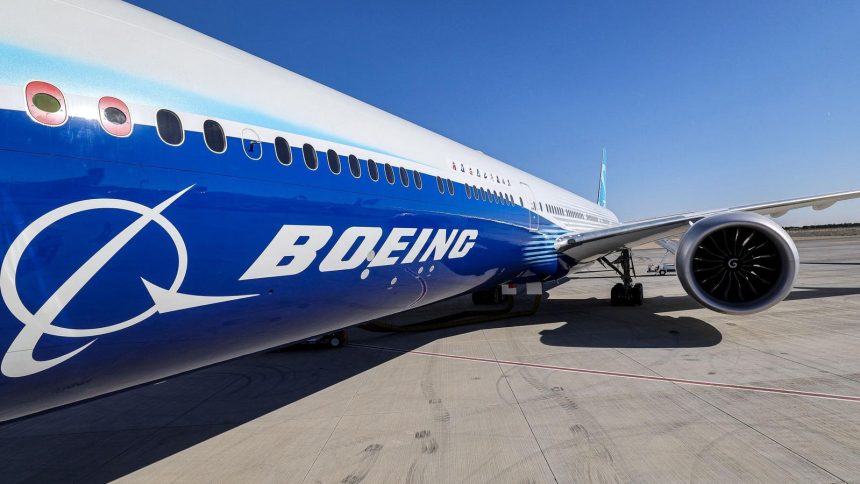The legal battle surrounding Boeing’s accountability for two fatal 737 Max crashes took a dramatic turn on Thursday, as a federal judge rejected a plea deal between the aerospace giant and the Department of Justice. The agreement, which would have seen Boeing plead guilty to a fraud conspiracy charge and pay over $243 million, was met with fierce opposition from the families of the 346 victims. Judge Reed O’Connor sided with the families, citing their concerns that the deal amounted to a “sweetheart” arrangement that failed to hold Boeing truly accountable for its actions.
At the heart of the judge’s rejection were several key provisions within the plea agreement. O’Connor took issue with the requirement that diversity and inclusion be considered when selecting an independent monitor to oversee Boeing’s compliance and safety programs. He argued that this stipulation minimized the importance of the monitor’s role and was not in the public interest. Further, the judge disagreed with the provision that placed the monitor under the Justice Department’s authority rather than the court’s, asserting that this arrangement would unduly marginalize the court’s oversight.
The plea deal, struck in July, outlined a multi-faceted approach to resolving the cases. Beyond the substantial financial penalty, Boeing committed to investing approximately $455 million in compliance and safety programs. The independent monitor was intended to ensure that these programs were effectively implemented and that Boeing adhered to regulations moving forward. However, the families of the victims consistently argued that the deal failed to adequately address the gravity of the losses and the company’s culpability.
The families’ attorney, Paul Cassell, hailed the judge’s decision as a significant victory for the victims and for the broader interests of crime victims within the criminal justice system. He emphasized the importance of holding corporations accountable for their actions and ensuring that similar tragedies are prevented in the future. The judge’s rejection underscores the power of victims’ voices in shaping legal proceedings and demanding justice.
The background of the case reveals a series of events that led to intense scrutiny of Boeing’s safety practices. The two crashes, involving a Lion Air flight in October 2018 and an Ethiopian Airlines flight in March 2019, exposed a critical flaw in the 737 Max’s flight control system, which relied on a single sensor. The crashes prompted the grounding of all 737 Max aircraft worldwide and triggered investigations that ultimately blamed Boeing for misleading investigators about the plane’s safety. Boeing eventually agreed to a $2.5 billion settlement, which included compensation for victims’ families, but the Department of Justice later accused the company of violating the terms of that settlement, leading to renewed negotiations and the now-rejected plea deal.
The judge’s decision throws the future of the case into uncertainty. O’Connor has given Boeing and the Justice Department 30 days to present a revised plan for how they intend to proceed. Cassell anticipates that the rejection will necessitate significant renegotiations to craft a deal that better reflects the interests of the victims’ families. He emphasized the need for robust monitoring mechanisms to prevent future misconduct by Boeing. The families remain resolute in their pursuit of justice and accountability, and the outcome of this legal battle will have far-reaching implications for corporate responsibility and aviation safety. The families’ fight for justice and accountability highlights the importance of ensuring that corporations are held responsible for their actions and that victims’ voices are heard and respected in the legal system. The coming weeks will be crucial in determining the next steps and the ultimate resolution of this complex and emotionally charged case. The families’ persistent advocacy underscores the enduring impact of these tragedies and their determination to secure a just outcome. The legal proceedings will continue to unfold, with the families closely monitoring the developments to ensure that Boeing is held accountable and that meaningful changes are implemented to prevent future disasters.



